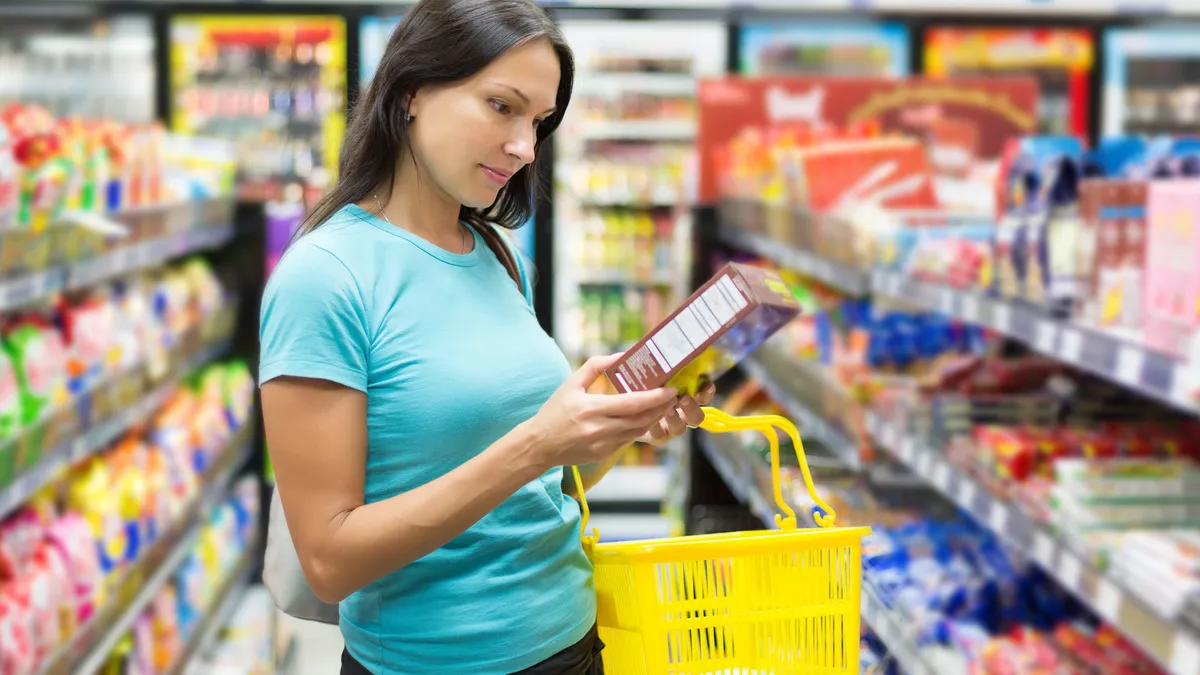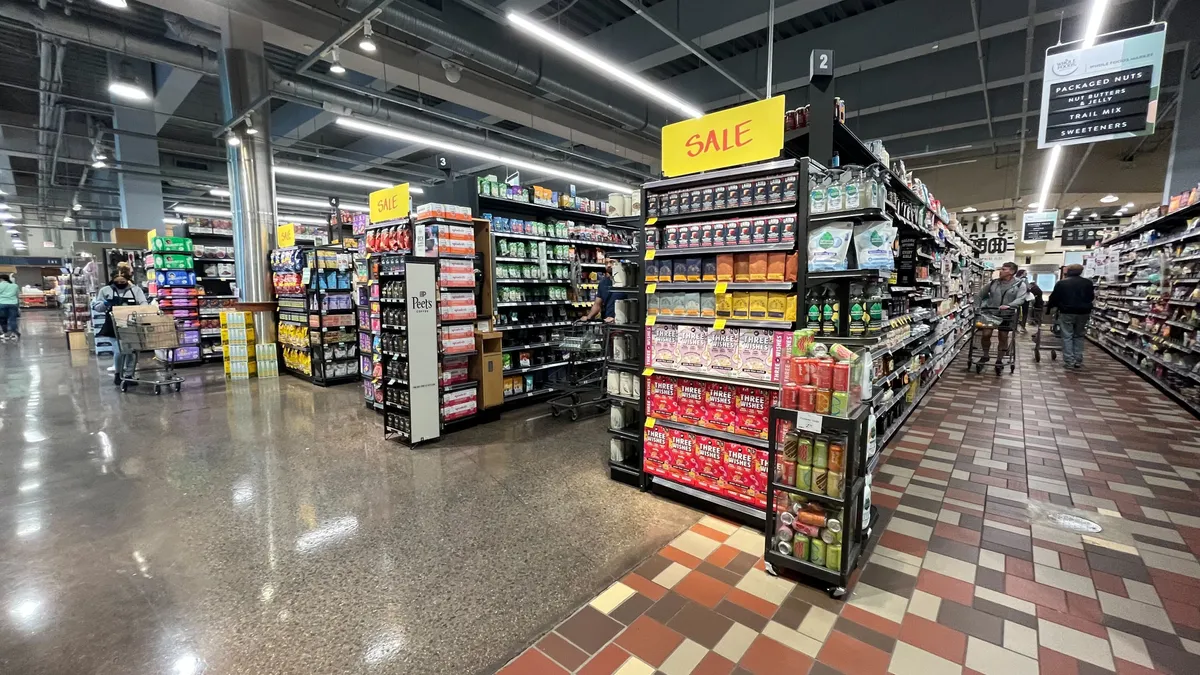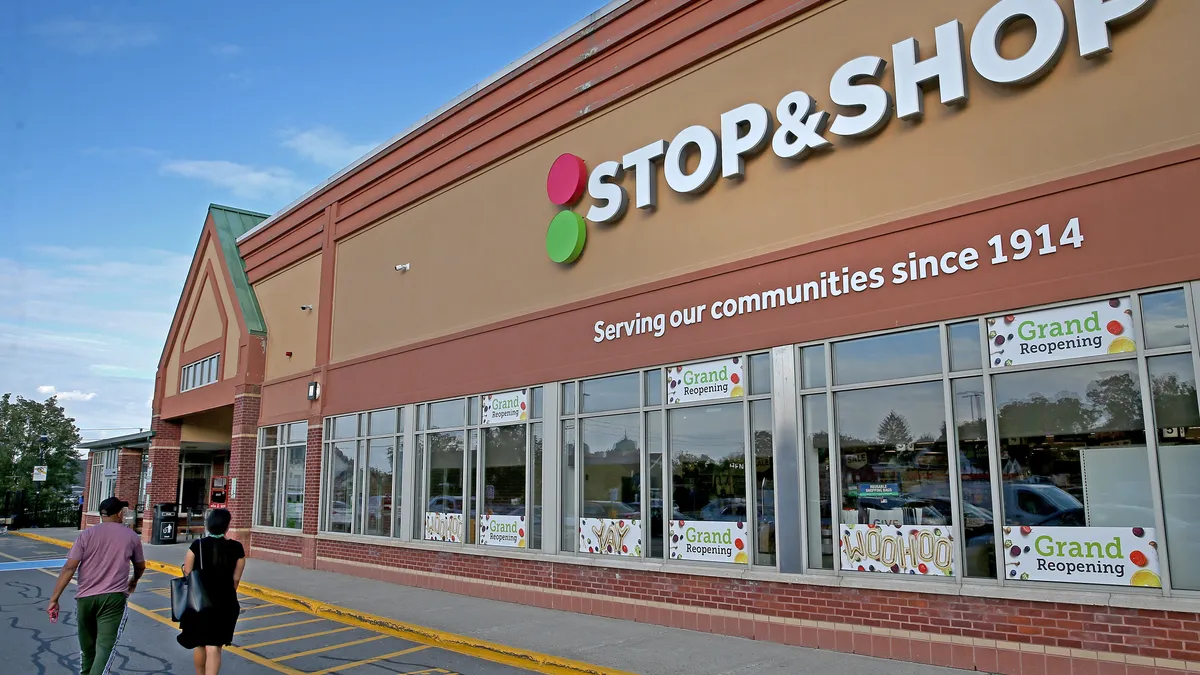Dive Brief:
- A study published in the Journal of Consumer Behavior notes while consumers like the idea of a personalized pricing program, they may come to expect discounts from retailers all the time, according to RetailWire.
- The study, which surveyed more than 700 consumers, found older and higher income individuals tended to anticipate deals regularly.
- The authors concluded personalized pricing “could be costly” for retailers, but that further research is needed to determine which types of consumers are most receptive to personalization.
Dive Insight:
Grocers such as Safeway and Kroger have dabbled in technology that delivers personalized prices to individual consumers. The idea is to nudge shoppers to buy products they’re interested in but not willing to pay full price for. Rather than offer a discount across the board, retailers mine shopper data to target only those consumers that effectively need the discount, thus saving the company money.
E-commerce regularly utilizes personalized pricing, and across the retail industry more companies are adopting the practice. According to a study from RSR Research, 64% of retailers say offering personalized prices to shoppers will be a priority for them during the next three years — up from 48% who said the same a year before.
But many grocers worry about the potential blowback they’ll get from offering different prices for different consumers. Imagine: A shopper sees the person in front of him pay one price for a bag of coffee, then sees the same bag ring up for fifty cents more when he’s checking out. In addition to shopper frustration, the study cited by RetailWire suggests personalized pricing could also train consumers to expect discounts all the time, and to be disappointed when they don’t get them.
At the same time, retailers are increasing their use of personalized coupons and marketing messages, and are employing increasingly sophisticated data gathering technology to target individual shoppers. Ahold Delhaize sends personalized offers to customers via email, while Whole Foods delivers digital coupons to shoppers’ phones.
As technology evolves and grocers increase their tailored offerings, personalized pricing becomes more discreet, and thus more of a viable option. Checkout apps like the one Sam’s Club recently introducedcan allow retailers to deliver individual prices without other customers noticing. Tech-savy Kroger also is piloting a project called “digital shelf edge” that uses in-store sensors and analytics to provide product recommendations, custom pricing and other interactive elements through customers’ mobile devices.










